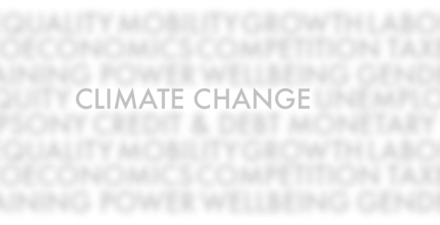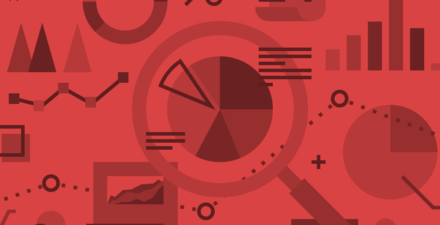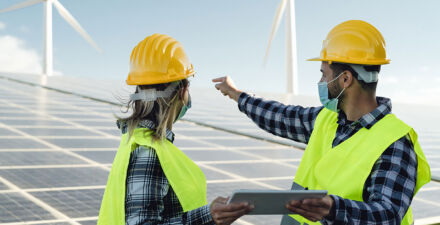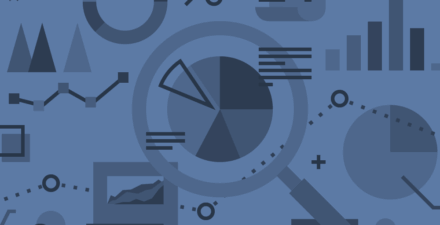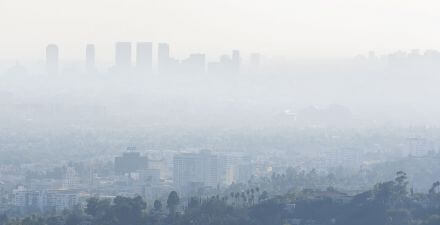The causes of climate change and its consequences for the U.S. economy are profound for current and future U.S. economic growth and productivity, with the outcomes often exacerbating historic and existing economic inequalities across society. The impact of climate change varies across different U.S. labor markets and socioeconomic and geographic communities in the country, various U.S. markets for goods and services, and the wide array of existing U.S. environmental-quality standards and regulations. More academic research and policy analysis is required to inform how fiscal and monetary policymaking can enable both climate mitigation and adaptation. Specifically, we need to better understand the impacts of climate change on labor outcomes, such as employment, job quality, and workplace hazards, as well as on mortality, health, and well-being—and we need more and better data that look at all of these outcomes across racial and ethnic groups, industries, and geographic regions. This multidisciplinary work can guide policy responses and debates across the environmental, energy, and climate justice movements, as well as within the economics and industrial policy fields.
Featured work
Explore the Equitable Growth network of experts around the country and get answers to today's most pressing questions!







